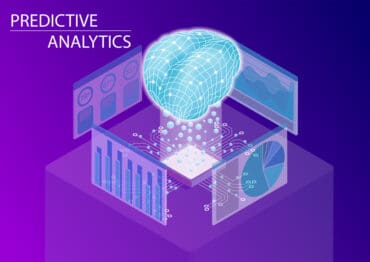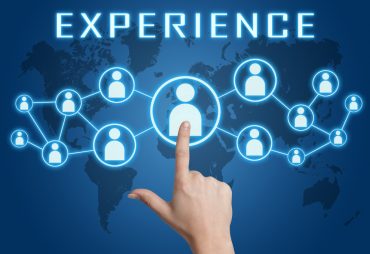
Companies can now gather real-world data more quickly and affordably than ever before and make it accessible to a broader range of applications.
These days, the path to business success is paved with data. Organizations or entrepreneurs that can leverage and monetize their real-time data can quickly boost their competitiveness and market share. But data, being the fungible and volatile resource it is, needs to be thoughtfully harvested and harnessed in line with business strategy.
Data businesses can come in all shapes and sizes; from customer relationship platforms to inventory management services. In can even be argued that actually every business is now a data company.
With the emphasis on artificial intelligence and high-end analytics as competitive tools, there’s never been a more opportune time to launch a data businesses, either as a startup or as a venture within an existing company. “The potential rewards can be immense for companies that can unlock unique data, analytics, or organizational know-how to create a product that addresses an untapped market opportunity,” a new report out of McKinsey states.
See also: How to Select a Unified Real-time Platform
A technology driven real-time data market
The rise of cloud, artificial intelligence, and other forms of analytics “have increased the feasibility of monetizing data today,” the McKinsey team of co-authors, led by Ari Libarikian, states. “Technology shifts have enabled companies to create new data products faster and less expensively than ever.”
A majority of technology companies, 55%, expect to build analytics and AI platforms within the next five years, along with 47% of financial services firms and 41% of advanced industries. In addition, 40% of advanced industries and tech companies will be building connected products via the Internet of Things.
Increased access to real-world data is fueling a range of new opportunities. “As Internet of Things adoption accelerates, the costs and barriers associated with implementing sensor technology and capturing real-world data have significantly decreased,” the McKinsey team of co-authors, led by Ari Libarikian, states. “Companies can now gather real-world data more quickly and affordably and make it accessible to a broader range of applications.”
Along with the availability of real-time data, the McKinsey team points to enhanced data-management efficiency that is now is attainable. “Companies can more efficiently process, manage, access, and reuse data in real time across different platforms thanks to greater sophistication of data tools and technologies,” the study’s authors state. “This efficiency is crucial for creating a scalable and sustainable data business.”
Generative AI is also increasing opportunities for building data-driven enterprises — and may result i costs plummeting. “A few years ago, converting unstructured data, such as text, images, and videos, into a standardized form so it could be accessed and analyzed was prohibitively expensive for most companies,” the McKinsey authors state. “GenAI has made structuring such data more cost-effective, enabling broader use. Combined with the emergence of low-code and no-code analytics platforms that democratize AI and analytics, data businesses can now derive more value from their data.”
The key is to approach the data opportunity strategically, led from the top. In addition, “a data business must have access to a sizable amount of data — internal or external — or an approach to processing data and extrapolating business value from it that is unique enough to address an unmet market need.”
Demographic shopping data, for instance, “may not be valuable today, given its ample availability from current market leaders in the space,” the McKinsey co-authors caution. “However, data on real-time shopping preferences in niche market segments could be valuable to some companies as they localize market strategies.”
Libarikian and his McKinsey co-authors offer the following suggestions for pursuing data business opportunities:
- Be a first-mover in the industry: The report cites how one financial-services firm “positioned itself to become the go-to choice for accurate pricing predictions in regions where pricing dynamics change quickly. The company has done this by collecting novel data from satellite images, listings, public filings, ads, direct calls, and business locations, and analyzing it in a way that improves its predictive accuracy. It then offers customers an easy-to-use platform to access the resulting insights.”
- Harness insights from an engaged user base. “With the appropriate data usage rights, organizations can turn data collected from an engaged user base into valuable insights for advertisers, suppliers, partners, and users,” the McKinsey team suggests. “Benchmarks and behavioral data from digital interactions, for instance, can be sold as-is via data marketplaces or combined with analytics and sold as insights directly to buyers. Companies can also use these insights to sell targeted ads on their digital channels.”
- Turn sizable organizational know-how into a product: The team notes how one European building-materials company “turned an internal tool for tracking efficiency into a software-as-a-service product.” Organizational know-how can result from “unique data as a by-product of its core operations,” the state. A company can create data-driven revenue streams “by adding IoT sensors to its assets and using the resulting insights to enhance its customers’ operations. For instance, with temperature and GPS data from the sensors, company’s customers can make better routing decisions in transit for temperature-sensitive shipments.”





























